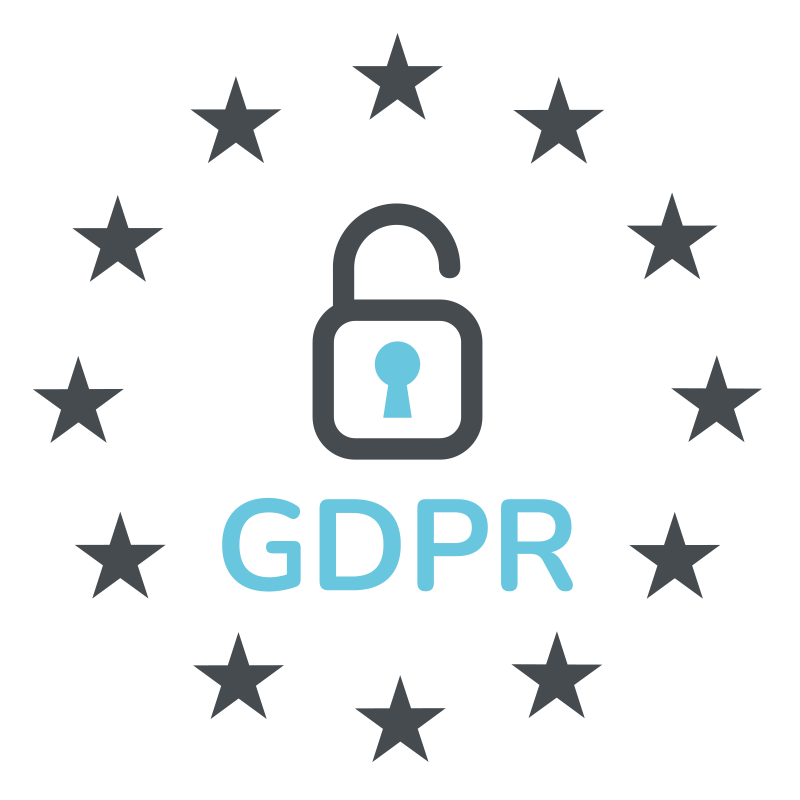Home | News & Insights |
The Data (Use and Access) Bill: How Does it Impact UK Businesses?
Thomas Taylor
Managing Director
PUBLISHED
30th October, 2024
On Oct. 23, the Data (Use and Access) Bill was officially published and received its first reading in the U.K. House of Lords. By allowing broader access to consumer data for the improvement of public services, the bill will boost the economy by £10 billion, according to the government.
This bill’s main objectives are to strengthen the economy, improve public services, and generally make citizens’ lives easier. It is about making better use of data across various sectors to support the economy.
So what exactly does this mean for businesses? We’ll be explaining everything you need to know about the bill and share some thoughts from E-Sign’s Managing Director about the positive impact this bill could have.
What changes does the Data Bill include?
Several parts of the bill are not new and were already introduced in the Data Protection and Digital Information Bill (DPDI), such as data protection reforms, smart data schemes, and certification for digital identity service providers. However, there are also some new components to the Data Bill, including:
Access to customer and business data
The Bill allows regulations to be set regarding access to customer and business data. It uses designated “interface bodies” to ensure compliance and that data processing standards are being met. Organisations that fail to comply with data access regulations will face financial penalties.
Smart data
The Bill lays the foundation for the government to introduce smart data schemes that address the specific needs of various sectors including energy, finance, and telecoms, and support the future of open banking. Smart data schemes are designed to allow customers and businesses to request their data be shared directly with them and authorised third parties in order to receive tailored market comparisons or guidance on how they can save money.
Digital verification services
The Bill establishes a standards framework for online digital verification services. These standards include:
- Gaining explicit confirmation that users understand how their data is being used and shared, when applicable
- Not “profiling” users for third-party marketing
- Not creating large data sets that risk exposing sensitive information about users
Verified providers that adhere to this framework will receive certification and a “trust mark”.
National Underground Asset Register (NUAR)
The National Underground Asset Register is a new government digital service outlined in the Data Bill that provides authorised users with instant access to a map of the underground pipes and cables. The aim of this is to improve the way the country’s buried infrastructure is installed, maintained, operated, and repaired.
Digitised register of births and deaths
The bill enables digital formats rather than paper for records of births and deaths, making it quicker and easier for people to maintain and access these records when needed.
Data protection and privacy
The Bill establishes new rules for lawful data processing in compliance with GDPR and the Data Protection Act 2018. This means businesses must be clear about when AI is used to make relevant decisions, giving customers the option to request a human perspective. When their data is held by an organisation, individuals have the right to request access, restrictions, corrections, or deletions.
Electronic communications
Revisions of the Privacy and Electronic Communications regulations are made in the Data Bill, protecting privacy by setting regulations around electronic communications. This covers rules on personal data breaches and device data storage. The Bill mandates the timeframe in which organisations must report data breaches to the Information Commissioner.
Information Commission
To prevent any overlaps or conflicts within the regulation, the Bill replaces the Information Commissioner with the Information Commission to oversee data regulation and coordinate with other relevant regulatory bodies, e.g., the Financial Conduct Authority.
Data use for public services and research
The Bill permits the sharing of personal data within the public sector to improve service delivery and to enhance research. For example, the NHS can share health-related data across departments and healthcare providers to encourage more interoperability. Also, a researcher data access regime will be created around online harms, so information can be retained and accessed in specific cases to improve safety online.

Key takeaways from the Data Bill
The points below provide a summary of the key takeaways from the Data Bill.
Improving public services
One of the main objectives of the Data Bill is to improve the efficiency of public sector services and ease pressure on front-line workers in the NHS and police forces. For example, police officers can benefit from the removal of unnecessary manual logging requirements when accessing personal data to work on a case.
Growing the economy
An essential aspect of the bill is its focus on boosting the UK economy, with projections suggesting it could generate around £10 million over the next decade. This growth is anticipated through new data-sharing regulations, aimed at creating diverse benefits for both consumers and businesses.
Making lives easier
The legislation and plans outlined in the bill will help to make the day-to-day lives of Britons easier, by simplifying important tasks. This allows individuals and businesses to get on with their daily lives without being weighed down by time-consuming administration.
E-Sign’s thoughts on the Data Bill
As an industry-leading provider of electronic signatures and digital document solutions, E-Sign has an important role in helping organisations streamline their document processes and increase efficiency.
E-Sign’s Managing Director Tom Taylor said this about the introduction of the Data Bill:
“The new bill has the potential to be very beneficial to public sector organisations across the country. The ability to collaborate more effectively through secure data sharing will help to save a significant amount of time for workers, avoiding unnecessary admin steps that delay the public from getting the standard of care and service they need and expect.
As a trusted service provider to the public sector, we’re excited to see what the future holds with the introduction of the Data Bill and how it can improve processes and lives. We look forward to being a part of the digital transformation journey to help organisations streamline their document workflows and ensure seamless transactions that optimise the services they provide.”
Contact us today to discuss your requirements and our digital transformation team will help provide a tailored solution that meets your document needs. You can also get started with E-Sign by registering for our 14-day free trial.
 Facebook
Facebook
 X (Twitter)
X (Twitter)
 LinkedIn
LinkedIn











